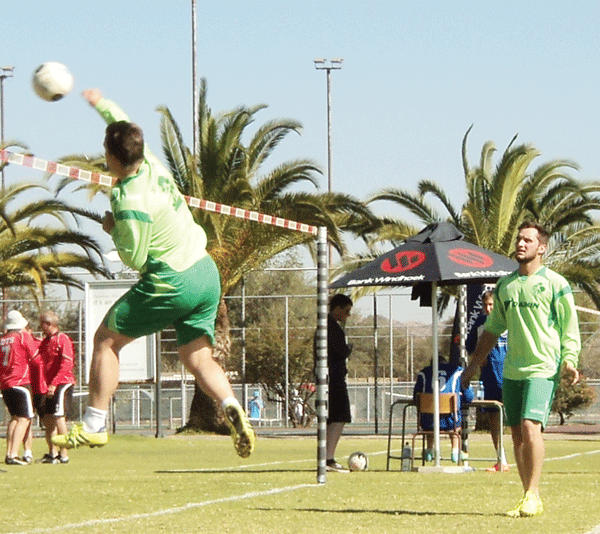
Governments must improve access to vaccines
Although there are new vaccines against diseases such as polio and measles, most children in Africa still do not have access to such vaccines due to its high cost.
Investment in vaccination therefore requires more attention from governments so that all countries on the continent can reach a 90% routine immunisation coverage, said Dr Luis Gomes Sambo, the World Health Organisation’s regional director for Africa.
“…This is a target that must be respected if we want to gain the social and economic benefits of immunisation. Governments with support from partners should remain actively committed to this,” Sambo said.
He hailed the Bill and Melinda Gates Foundation and the GAVI Alliance for successfully negotiating with pharmaceutical companies to improve access and in mobilising additional financing for immunisation.
According to Sambo, progress in polio eradication on the continent has been mixed this year.
He said transmission of the wild polio virus persists in high-risk areas of the endemic and re-infected countries.
During the 61st regional committee for Africa in Cote D’Ivoire in August, the Ministers of Health adopted a resolution which called on all polio-infected countries to declare persistence of polio a national public health emergency. Member states were urged to achieve and maintain 90% routine immunisation coverage, enhance surveillance, and improve the quality of supplementary immunisation activities as well as cross border collaboration.
The committee also endorsed a measles elimination goal for the continent which calls on member states to develop and implement national plans for elimination of measles by 2020.
Namibia has been able to maintain its polio free certification and has a track record of responding effectively and timely to polio importation within less than 20 days.
“Namibia, like any other nation around the world, is committed to the fulfilment of the needs, rights and aspirations of our children to enable them to live and thrive. Namibia is moving forward and will introduce a birth dose of Hepatitis B into the routine schedule as well as the Pneumococal vaccine in 2012,” President Hifikepunye Pohamba said in a statement delivered on his behalf at the 3rd Annual Regional Conference for Immunisation (ARCI) which was held recently.
African countries account for 57% of all polio cases in the world. While the majority of countries have made progress in interrupting polio transmission, only Nigeria is polio-endemic in that it has never stopped transmission of the endemic wild polio virus; while another 10 countries have reported polio cases. These countries include Angola, Chad and the Democratic Republic of the Congo, Central African Republic, Côte d’Ivoire, Guinea, Kenya, Mali and Niger.
“I believe that the African region can eradicate polio, just as other regions in the world have done it. However, in order to achieve this goal to maintain certification level surveillance and containment, and continued commitment from national governments and partner organisations and stakeholders, including the private sector will be required,” President Pohamba said.
He called on countries to remain vigilant and strengthen immunisation as it provides a platform for the provision of other child survival interventions.











































